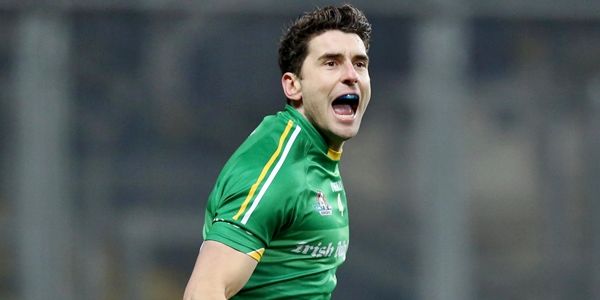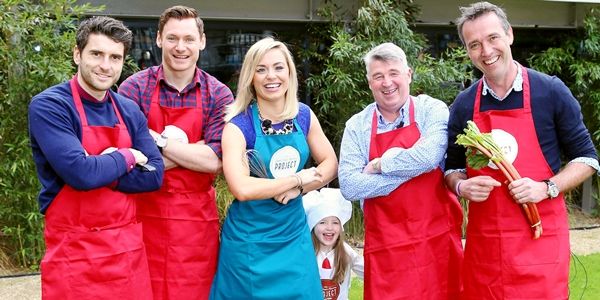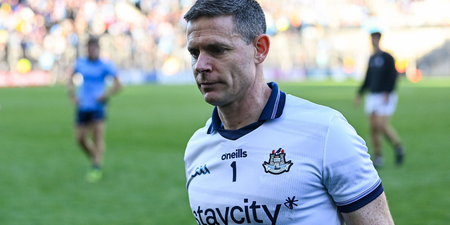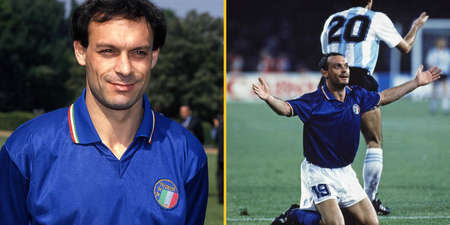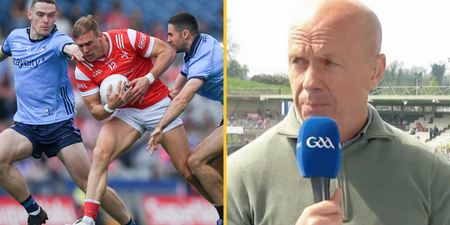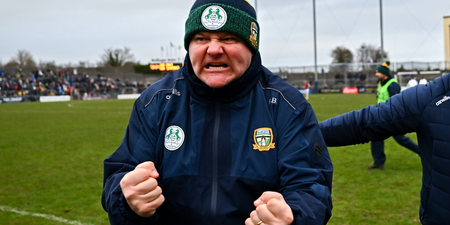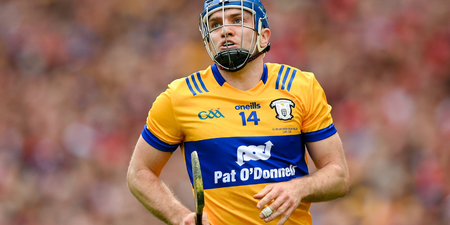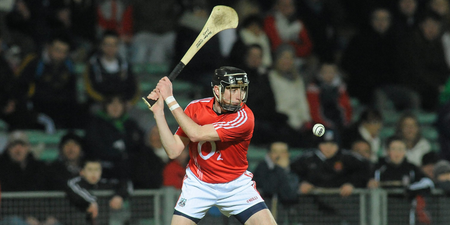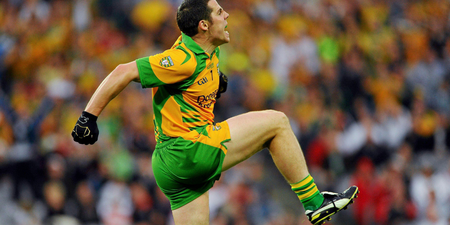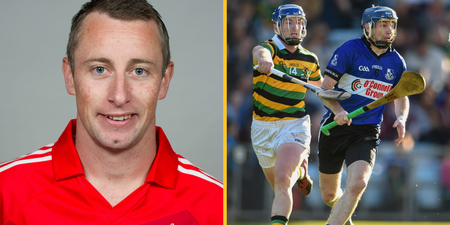It’s a long way from the ham and cheese sandwiches and roast dinners on matchday.
The supplements and protein shakes are nowhere near as common as they were over the past decade.
In that drive to find that extra edge, and 1%, inter-county teams are bringing nutritionists and sleep experts into the fold.
GAA players do not need to burn off as many calories as Ireland’s rugby players but they would still require 2,500 to 3,000 calories a day to keep enough energy in reserve for training.
We caught up with Bernard Brogan at the launch of SuperValu’s Good Food Karma project and asked him to share a typical, daily diet to what he consumes on match-day.
Daily Diet (non-training day)
BREAKFAST: Weetabix with some raspberries, blueberries, flax seeds, a drizzle of honey.
“I would usually have a banana too. That sets me up for the day.”
MORNING SNACK: Seeds, nuts, almonds.
“You get good fats from the nuts and it is enough to keep you going until lunch.”
LUNCH: Salad with pine nuts, peppers, lettuce, chicken.
“We train three or four times a week but if there is no training, later, there is no need for carbs.”
DINNER: Small potatoes or noodles, simple vegetables and lean beef or fresh fish OR Stir fry with peppers, onion, garlic, salt and pepper, soya sauce, chicken (optional)
“There would be lots of water taken over the course of the day. Kiera, my fiancee, likes to cook and eats well. I share that with her and really enjoy it.”
Matchday diet
“The day before a match is probably more important than the matchday itself. It involves eating well, again, but loading up on carbohydrates. This provides an energy store that you will call on the following day.”
BREAKFAST: Porridge with fruit and honey.
MORNING SNACK: Nuts and seeds.
LUNCH: Potatoes with a bit cut of meat.
“I would have this about two and a half hours before the match. Closer to the game, I might snack on some eggs or bacon.”
This is an important lesson to many players who are unsure as to when is the optimum time to eat before a match. It can be tough to strike the balance between feeling strong and full, and not too bloated. Some players wouldn’t eat for up to 3/4 hours before a game for fear of getting a stitch. This will probably leave you weaker and hungry when the game begins.
HALF-TIME: Isotonic drink.
POST-MATCH DINNER: Baby potatoes, fresh vegetables and chicken, lean beef or fresh fish. Alternate from meat consumed at lunch.
“We might have a drink of something too. That often depends on the pub we stop at or where we are in the season. The big nights are now few and far between.”
Brogan (left) was joined by David Gillick, Anna Geary, and chefs Martin Shanahan and Kevin Dundon to promote the Good Food Karma Project.

